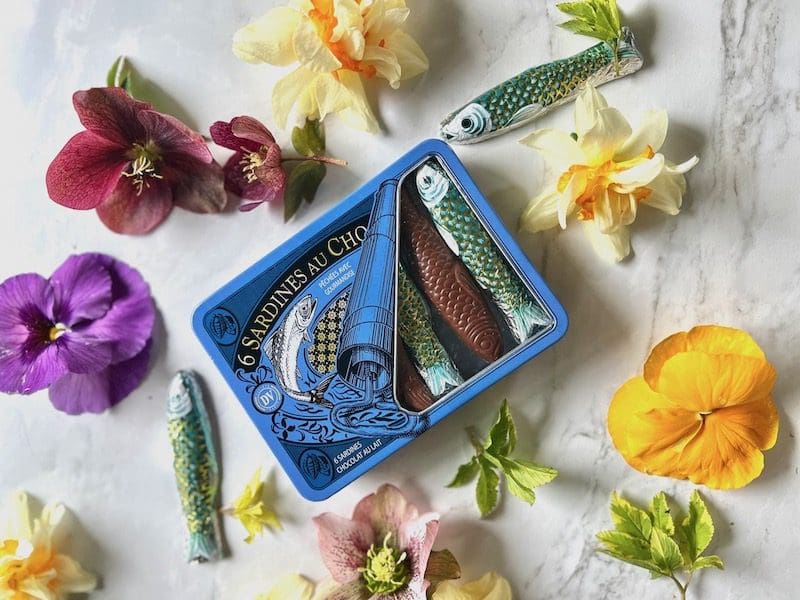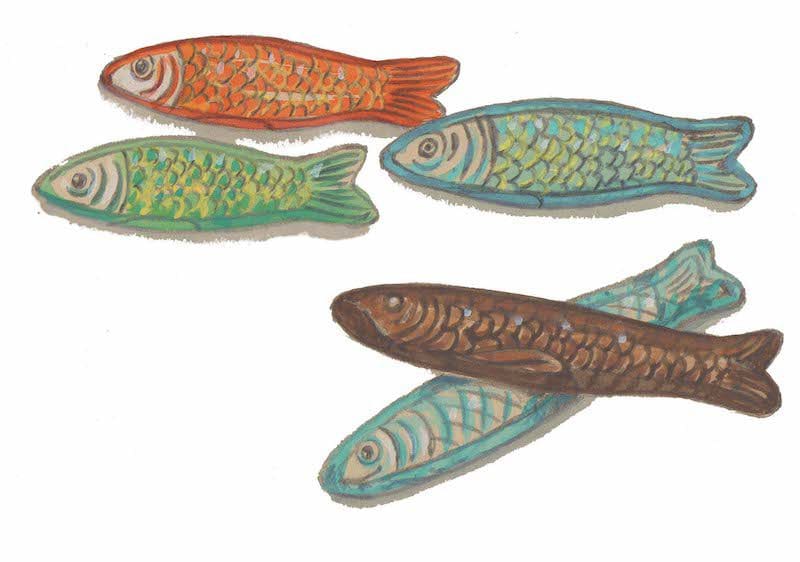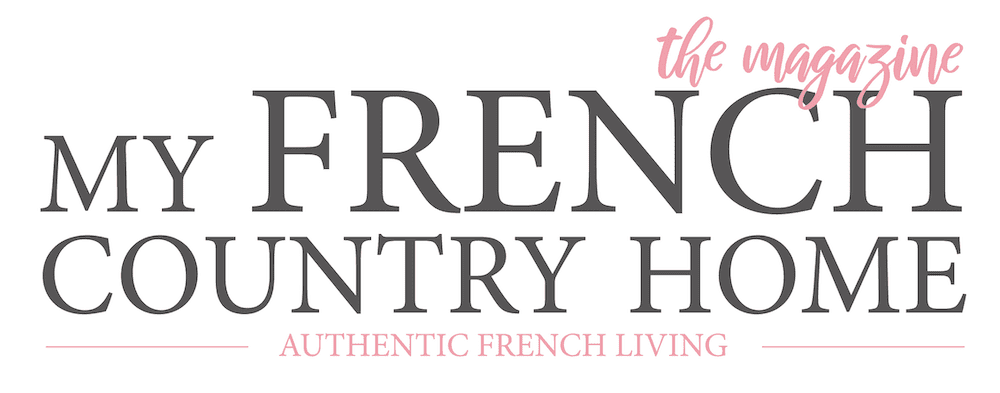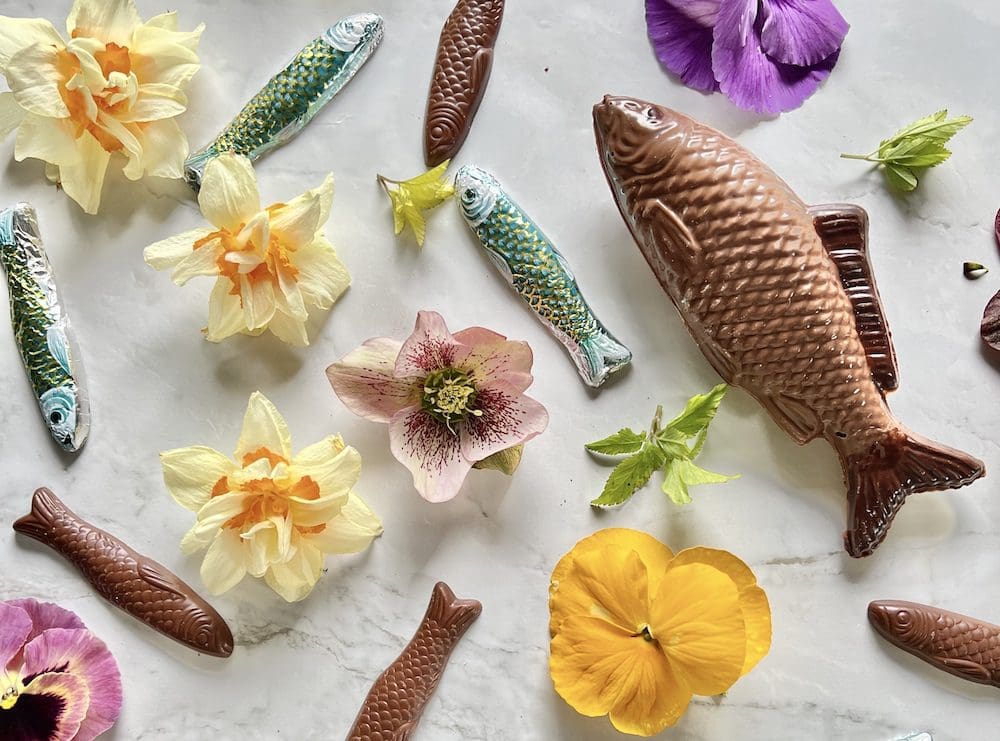The approach of Easter in France is accompanied by the arrival of festive chocolates at boulangeries and chocolateries. Among the eggs, bunnies, chicks and other recognizable symbols of spring you might also spot something else swimming among the window displays…
Read on to learn about France’s version of April Fools Day: le poisson d’avril featured in the March/April 2023 Edition of the magazine.
SUBSCRIBE TO THE MAGAZINE
The true origin of the poisson d’avril (April fish) has been lost to time, but it remains a beloved tradition and is one of France’s most widely celebrated non-denominational holidays. Like their counterparts in much of the world, the French relish April 1st as a day when licence is given for a few good-natured gags and practical jokes — a moment to laugh and be reminded that life needn’t always be taken too seriously.

One popular theory has it that April Fool’s Day was actually invented by the French, in 1564. That was the year that King Charles IX reformed the French calendar by moving the start of the year to January 1st instead of Easter Sunday. But because there was no reliable way to widely communicate this back in the 16th century, the word took a while to get out.

Legend has it that some who were in-the-know saw this change in the calendar as an opportunity to sow confusion and have a bit of fun. Back then, fish were a popular New Year’s gift, so the April pranksters took to distributing fake fish made of paper to unsuspecting friends and neighbors. This eventually evolved into the practice of tacking a paper fish onto the backs of prank victims — and hoping it would remain undiscovered for as long as possible. A kinder tradition of giving out “fish” made of bread or sweets emerged later. But even today, the phrase “donner un poisson” (to give a fish) means to play a trick on someone.

Others trace the timing of the custom to an ancient rule that barred fishermen from plying French waters during the winter months in order to ensure sufficient stocks come spring – a restriction that ended in April. Another version suggests a link to the fact that for Catholics, fish was the one meat permitted during the Lenten fast, which ends at Easter.
Of course, the fish has long been a Christian symbol, and Easter in France is, foremost, a celebration of the resurrection of Jesus. For Catholics, seafood-shaped chocolates – known as fritures — recall a famous passage from the New Testament that tells the tale of the “miraculous catch.” These poisson-shaped treats can also be found in abundance in France at this time of year.

For a brief period that started during the Belle Époque, around the turn of the 20th century, it became fashionable in France to exchange fish-themed postcards for April 1st. Whimsical and ornately decorated, these cards were meant to convey one’s love and friendship. It is generally in this spirit that poissons d’avril are bought and shared today.
Whether you prefer it au lait, noir, blanc, praliné, fourré, de couverture — or all of the above! — Easter time in France is heaven for chocoholics. Most confectioners are only too happy to let you sample their wares, so don’t hesitate to take them up on that offer! A catch of these foil-wrapped goodies is always a sure hit with children and adults alike – and, for non-French, made all the more charming when accompanied by one of the many tales of how they came to be.

To see this article in print – and other articles featuring historical culture, spring recipes, French artisans, and more – be sure to subscribe to the My French Country Home magazine! Click here to check out a preview of the March/April 2023 edition.

